Author: Will Lovell
Originally developed by Dr. Ron Beatson from NZ Hops in 2012 and released to the public in 2023, Superdelic quickly emerged as a promising variety for its ability to contribute pungent sweet fruit and citrus notes to beer. Another unique aspect of Superdelic that makes it ideal for modern IPA is that it’s packed full of biotransformation precursors that can lead to even stronger fruit characteristics when used in the right way.
 Alpha: 9 – 10.5%
Alpha: 9 – 10.5%
Beta: 2.9 – 3.6%
Cohumulone: 26 – 30% of alpha acids
Total Oil: 1.3 – 2.2 mL/100g
Myrcene: 20 – 35%
Humulene: 20 – 30%
Caryophyllene: 7.5 – 12%
Farnesene: 0.1 – 0.5%
Linalool: 0.4 – 0.7%
Geraniol: 1.2 – 2.0%
ß-Pinene: 0.1 – 0.3%
Parentage: Limited information available; possesses European and North American ancestry
Having already brewed a single-hop pale lager with Superdelic, which despite being modestly hopped, still presented with strong citrus and tropical fruit notes, I was very excited to see how it would play in a Pale Ale.
| MAKING THE BEER |
I went with our standard Hop Chronicles Pale Ale recipe for this batch, making minor adjustments to the kettle hop additions to keep the bitterness in check.
Superdelic Pale Ale
Recipe Details
| Batch Size | Boil Time | IBU | SRM | Est. OG | Est. FG | ABV |
|---|---|---|---|---|---|---|
| 5.5 gal | 60 min | 42.8 | 6 SRM | 1.046 | 1.004 | 5.51 % |
| Actuals | 1.046 | 1.004 | 5.51 % | |||
Fermentables
| Name | Amount | % |
|---|---|---|
| Wildfire Pale Malt | 10.25 lbs | 83.67 |
| Vienna Malt | 2 lbs | 16.33 |
Hops
| Name | Amount | Time | Use | Form | Alpha % |
|---|---|---|---|---|---|
| Superdelic | 12 g | 60 min | Boil | Pellet | 10.4 |
| Superdelic | 18 g | 20 min | Boil | Pellet | 10.4 |
| Superdelic | 30 g | 5 min | Boil | Pellet | 10.4 |
| Superdelic | 56 g | 2 min | Boil | Pellet | 10.4 |
| Superdelic | 56 g | 4 days | Dry Hop | Pellet | 10.4 |
Yeast
| Name | Lab | Attenuation | Temperature |
|---|---|---|---|
| Flagship (A07) | Imperial Yeast | 77% | 32°F - 32°F |
Notes
| Water Profile: Ca 155 | Mg 0 | Na 0 | So4 306 | Cl 49 |
Download
| Download this recipe's BeerXML file |
The night prior to brewing, I collected the full volume of RO water, which I adjusted to my desired profile before weighing out and milling the TexMalt Wildfire Pale malt.
When the water was properly heated the next morning, I incorporated the grains then checked to ensure the mash was at my desired temperature.
During the mash rest, I prepared the kettle hop additions.
Once the 60 minute mash was complete, I removed the grains and proceeded to boil for 60 minutes, adding hops at the times stated in the recipe.
When the boil was complete, I quickly chilled the wort then transferred it to a sanitized fermenter then took a refractometer reading showing it was at 1.046 OG.
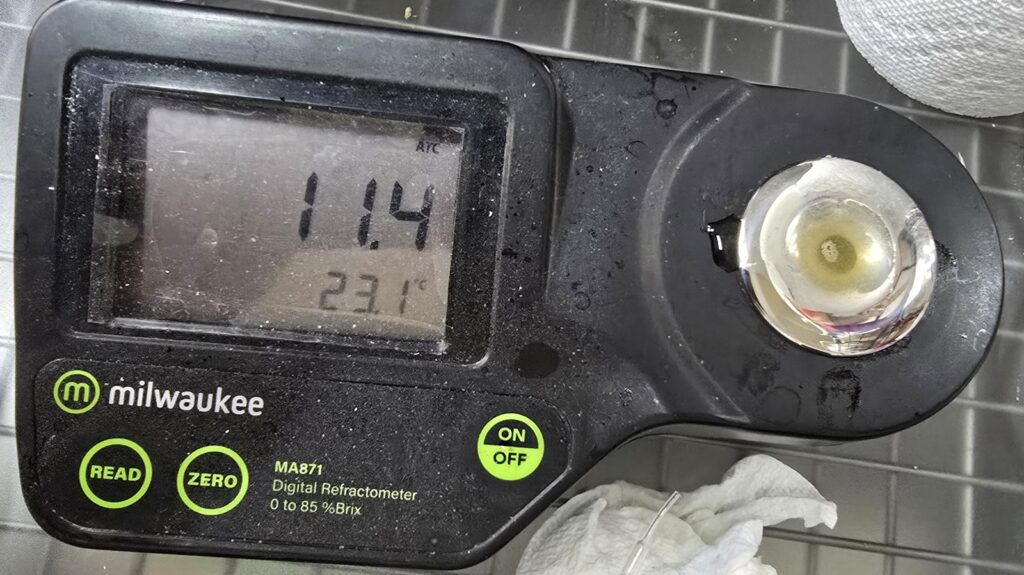
After transferring the wort to a sanitized fermented, I direct pitched a single pouch of Imperial Yeast A07 Flagship and left the beer to ferment at 66°F/19°C for 6 days before adding the dry hop addition.
Following 3 days of the beer mingling with the dry hops, I took a hydrometer measurement confirming FG was reached.
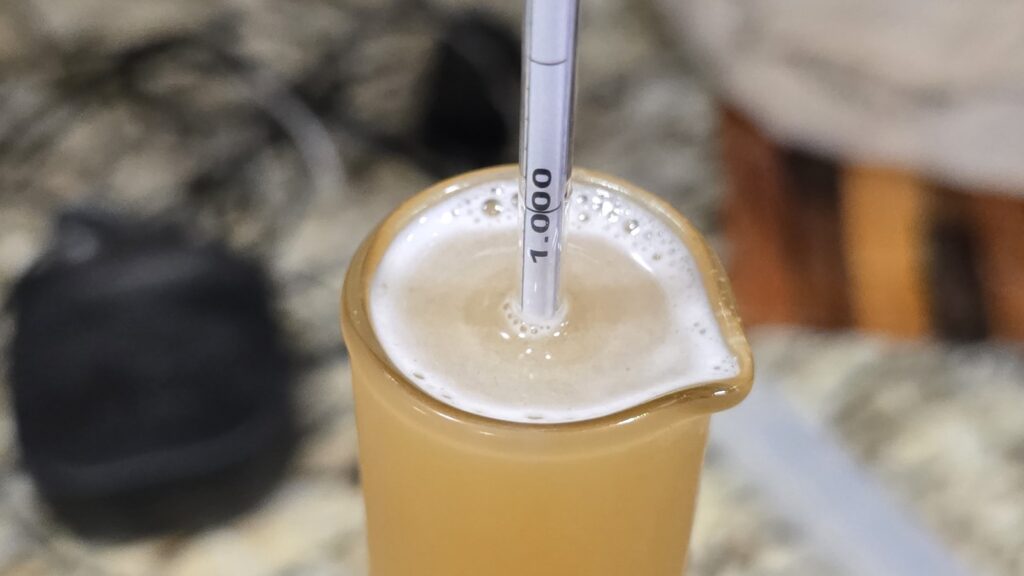
With fermentation complete, I cold crashed the beer then pressure-transferred it to a CO2 purged keg, which was placed in my kegerator and burst carbonated overnight before the gas was reduced to serving pressure. After a couple weeks of conditioning, it was ready to serve to blind tasters.
| METHOD |
Participants were instructed to focus only on the aromatic qualities of the beer before evaluating the flavor. For each aroma and flavor descriptor, tasters were asked to write-in the perceived strength of that particular characteristic on a 0-9 scale where a rating of 0 meant they did not perceive the character at all and a 9 rating meant the character was extremely strong. Once the data was collected, the average rating of each aroma and flavor descriptor was compiled and analyzed.
| RESULTS |
A total of 20 people participated in the evaluation of this beer, all blind to the hop variety used until after they completed the survey. The average aroma and flavor ratings for each descriptor were plotted on a radar graph.
Average Ratings of Aroma and Flavor Perceptions

The 3 characteristics endorsed as being most prominent by participants:
| Aroma | Flavor |
| Citrus | Citrus |
| Tropical Fruit | Tropical Fruit |
| Stone Fruit | Earthy/Fruity |
The 3 characteristics endorsed as being least prominent by participants:
| Aroma | Flavor |
| Onion/Garlic | Onion/Garlic |
| Dank/Catty | Berry |
| Berry | Apple/Pear + Dank/Catty (tie) |
Next, participants were asked to rate the pungency/strength of the hop.
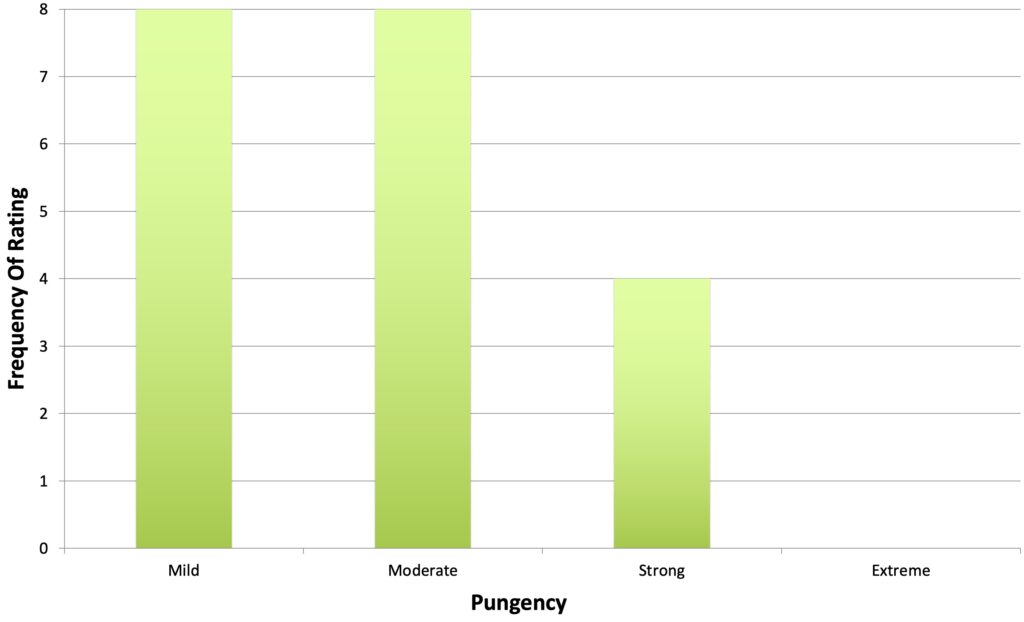 Tasters were then instructed to identify beer styles they thought the hop would work well in.
Tasters were then instructed to identify beer styles they thought the hop would work well in.
Finally, participants were asked to rate how much they enjoyed the hop character on a 0 to 10 scale.
My Impressions: I was quite pleased with how this Superdelic Pale Ale turned out, as it was more complex than other single-hop beers I’ve made. Tons of tropical fruit with strong notes of guava and melon, and I also picked up a hint of diesel, which I’m sensitive to.
| CONCLUSION |
New Zealand has come to be known for its hop industry, pumping out varieties that contribute uniquely pungent fruit characteristics to beer. As one of the newer Kiwi varieties, Superdelic is quickly making a name for itself as a multi-purpose variety that works great in more subdued beers, though really seems to shine in modern hoppy styles.
The most prominent aroma and flavor characteristics noted by people who evaluated a Pale Ale made solely with Superdelic were citrus and tropical fruit, while onion/garlic, dank/catty, and berry were the least endorsed characteristics. Curiously, an equal number of tasters rated the pungency of the hop character in this beer as being mild as did moderate, though a handful also felt it was strong, which may be more a function of usage rates.
Having used Superdelic prior to this batch, I had some idea what to expect and felt the beer did a good job of displaying the characteristics of Superdelic. Similar to tasters, I felt tropical fruit and citrus notes were strongest, though it was unlike other fruity varieties in that I perceived more guava than, say, mango, which may explain the interesting spread when it came to taster preference ratings. Ultimately, I was happy with how this beer turned out and agree that Superdelic is an excellent variety for modern IPA. I will certainly be keeping Superdelic around and look forward to seeing how it plays with other fruity hop varieties.
Superdelic hops are available now at Yakima Valley Hops, get some while you can! If you have any thoughts on this variety, please feel free to share them in the comments section below.
Support Brülosophy In Style!
All designs are available in various colors and sizes on Amazon!
Follow Brülosophy on:
FACEBOOK | TWITTER | INSTAGRAM
If you enjoy this stuff and feel compelled to support Brulosophy.com, please check out the Support page for details on how you can very easily do so. Thanks!


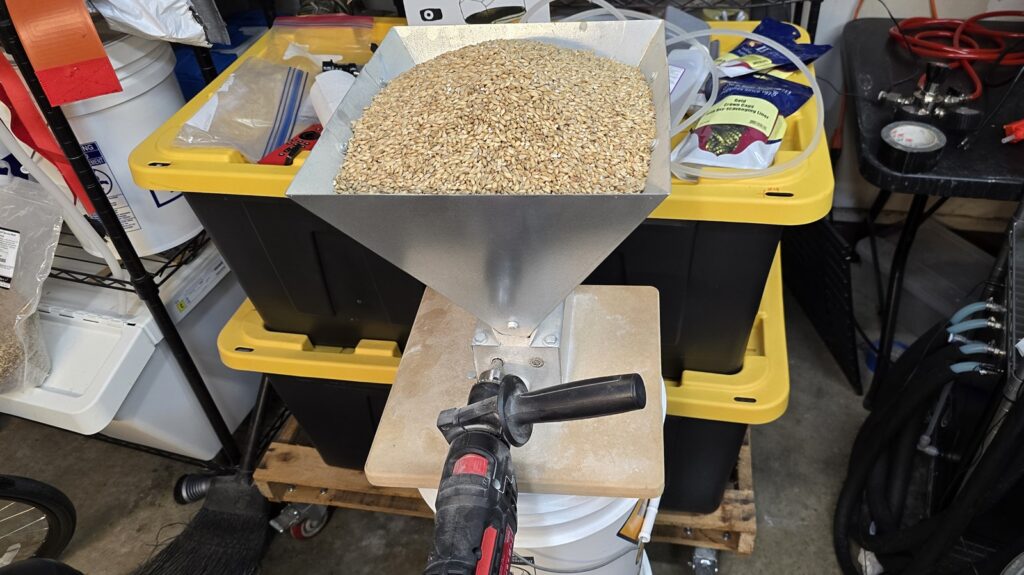
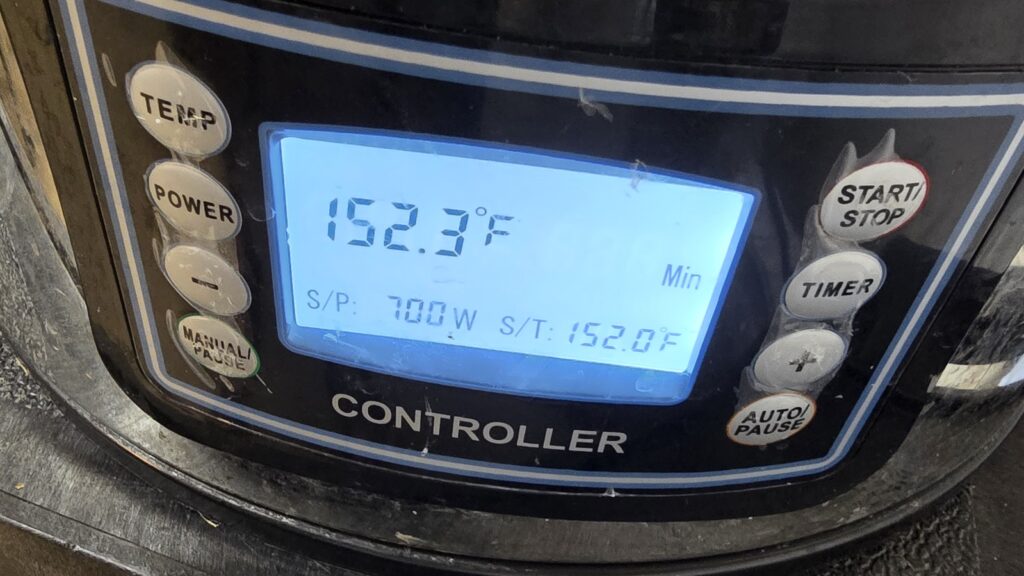
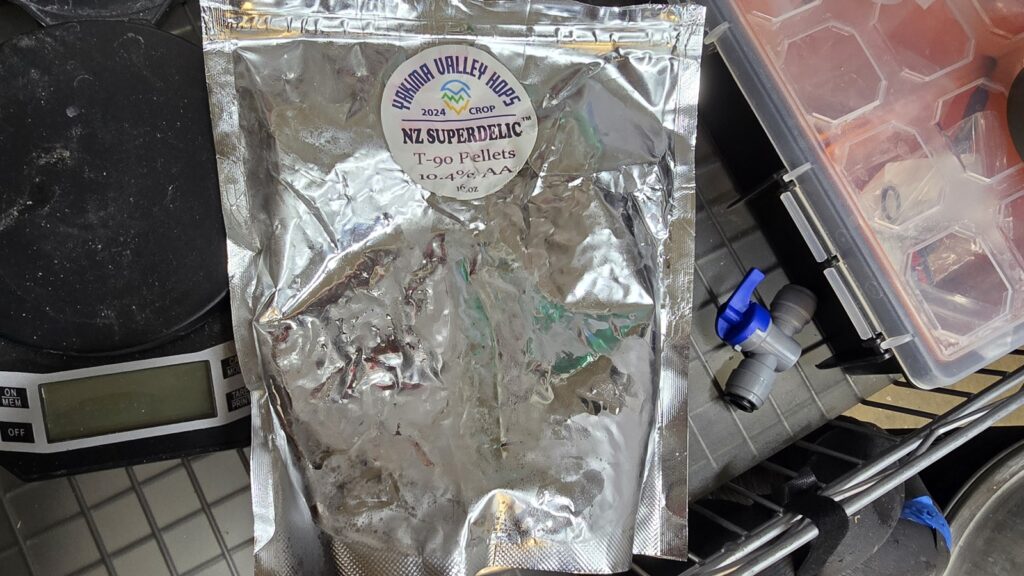
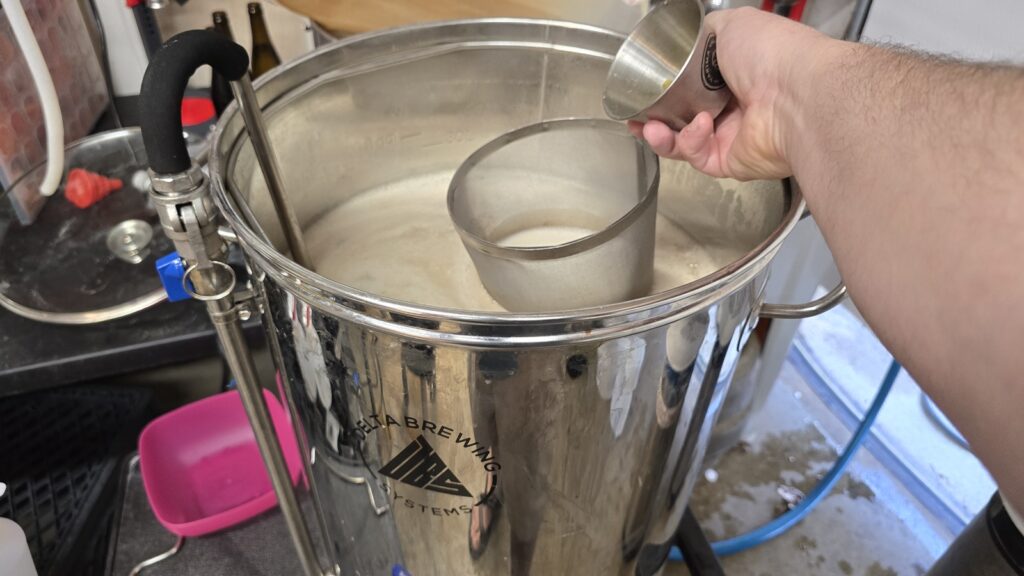
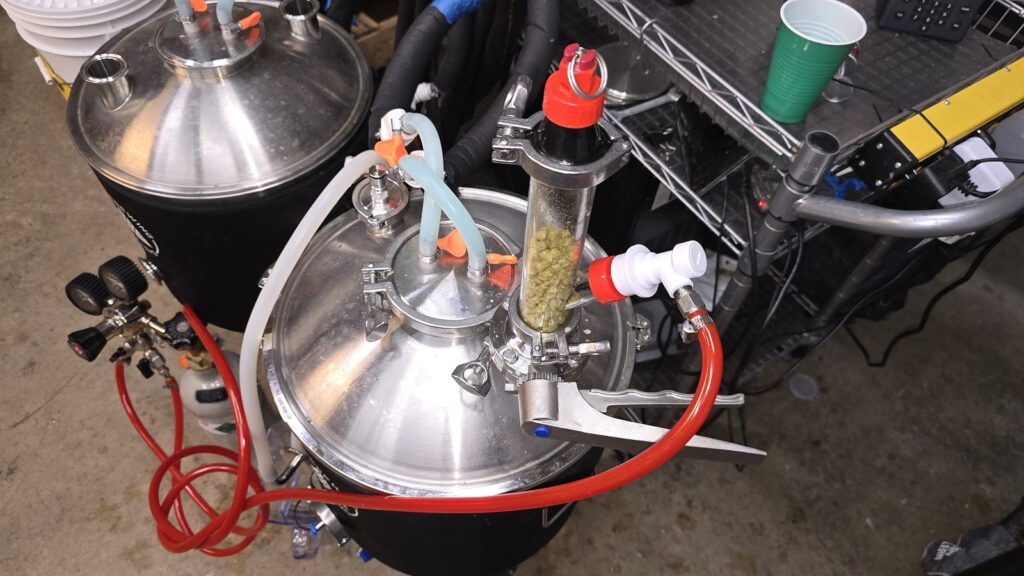
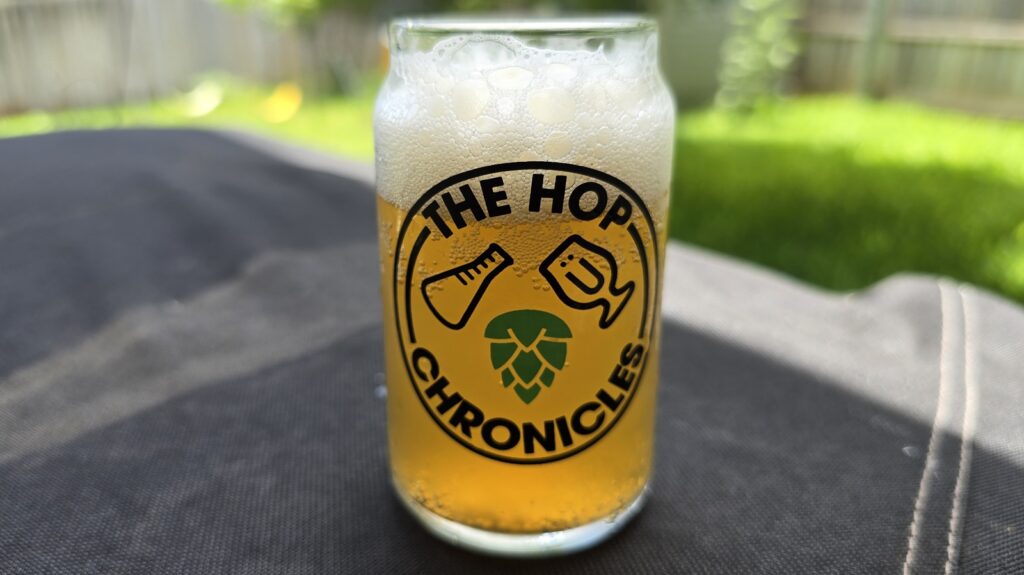

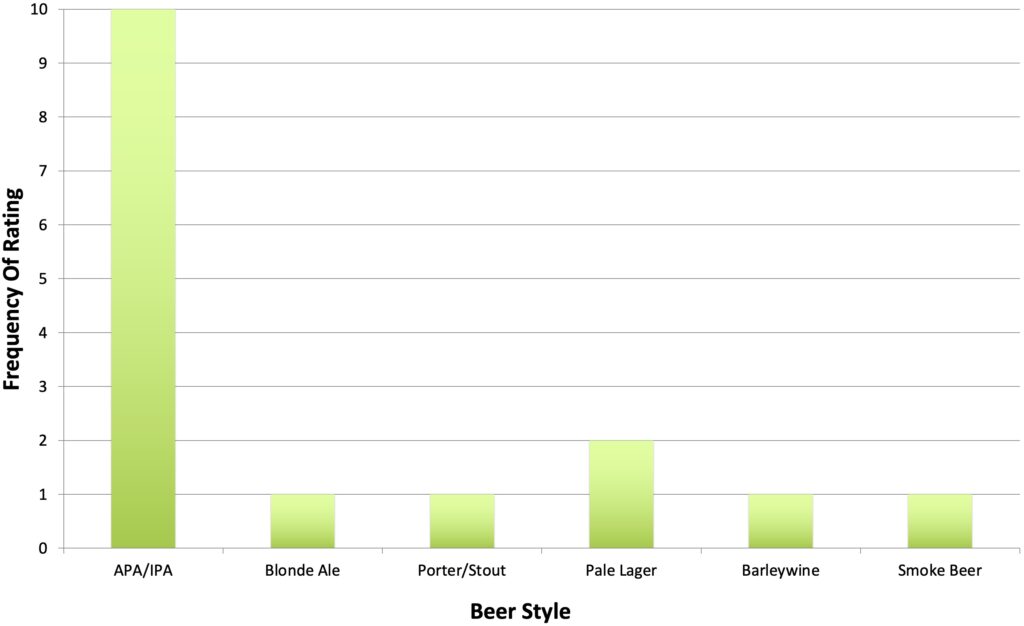
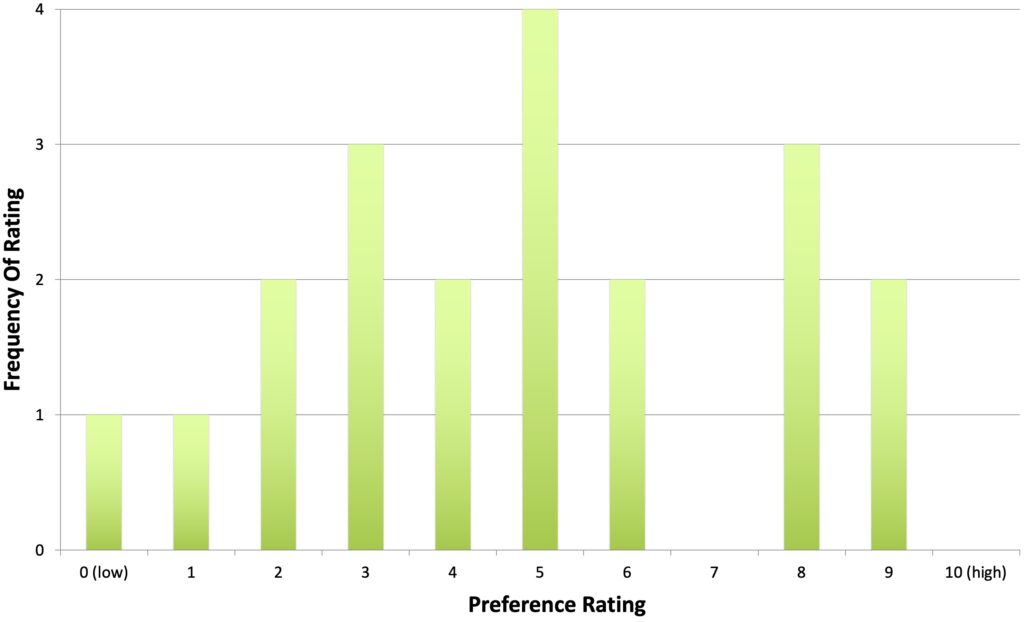








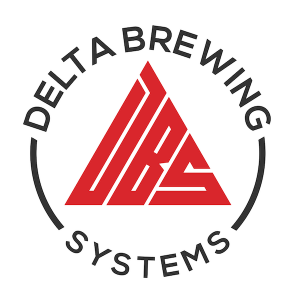


1 thought on “The Hop Chronicles | Superdelic (2024) Pale Ale”
Dry Hopping seems to be on the light side, and also now Whirlpool hops. Any reason for keeping the hopping light on the Aroma side?